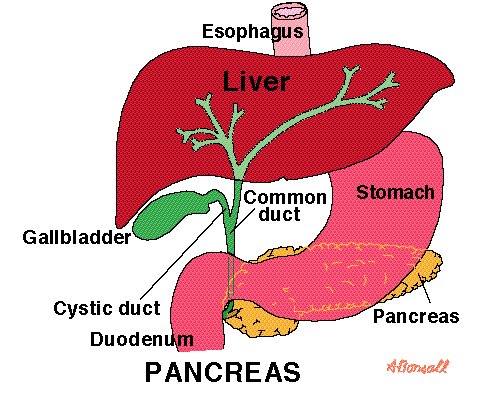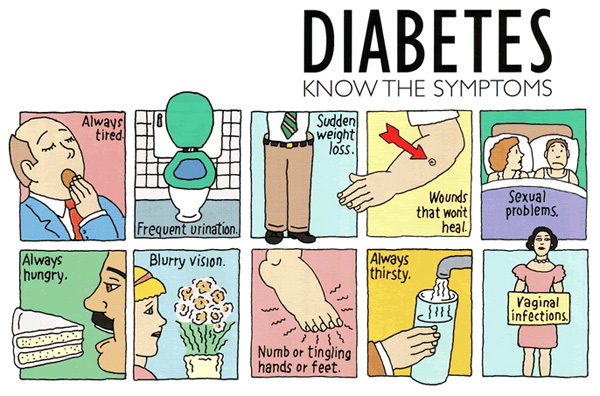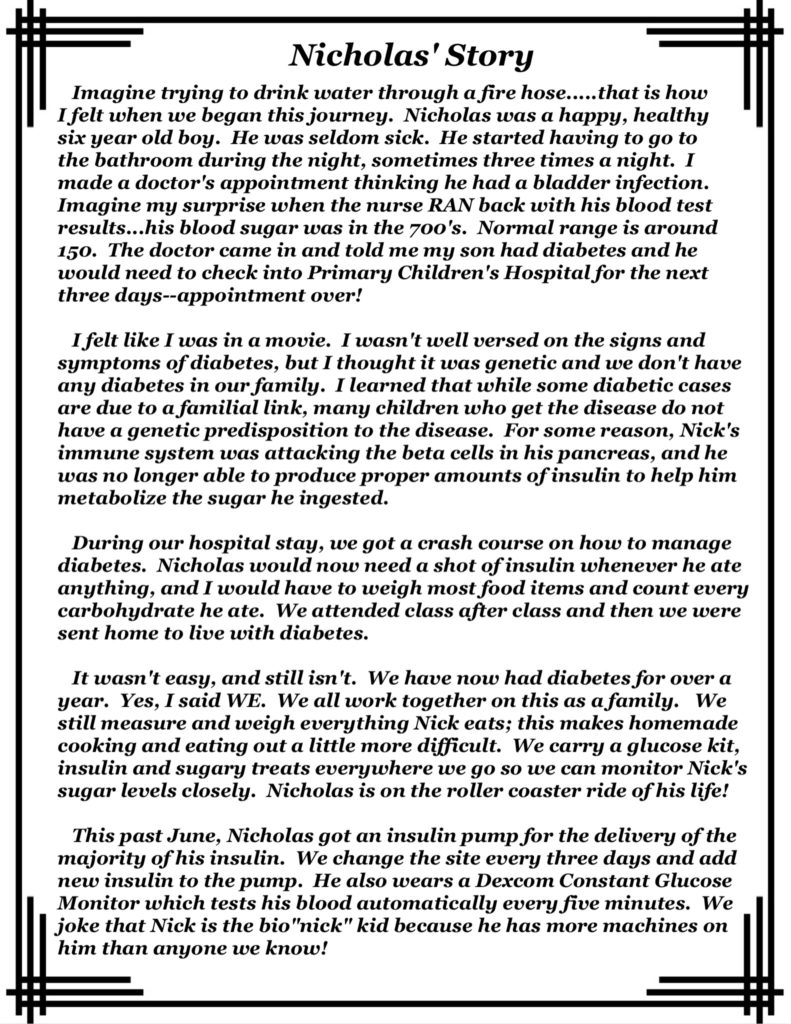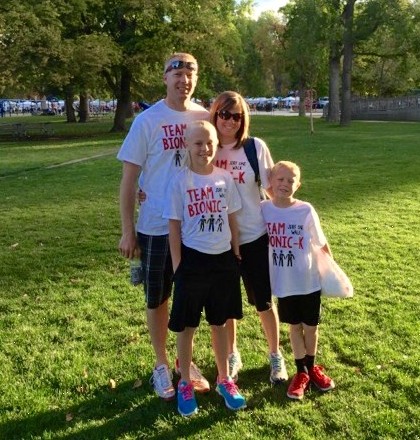Healthy, Wealthy And Wise! Managing Juvenile Diabetes!
The month of November marks the 75th anniversary of the American Diabetic Association, a group of dedicated leaders who are striving to help increase the medical research and resource options for those living with diabetes, as well as those who are looking to live a healthier lifestyle. And while the Association’s main focus is to improve the lives of all people impacted by this disease, type 1 diabetes, best known as juvenile diabetes, has become a critical priority of the organization!

Becoming more informed on living healthy, not only serves us better in each of our own lives, it helps us teach our children good habits too. The “Healthy, Wealthy and Wise” journal entry this month, gives attention to a type of diabetes that can turn a family’s life upside down when one of their children is given this diagnosis.

A simple definition of diabetes is that the pancreas (located just behind the stomach) loses its primary function of producing insulin, which is necessary for the body to metabolize sugar properly.

Most children will likely experience many of the same symptoms as their adult counterparts when diabetes is suspected, however, their diagnosis isn’t necessarily dependent on diet, weight or genetics.
While the treatment for type 1 diabetes has come a long way since the days of my youth, where my only memory of the disease was of a good friend who had it and couldn’t have the sweets and candy that most of us enjoyed everyday and had to endure daily blood tests and injections. That’s not to say that it isn’t a struggle to find a good balance in the lives of young children who are given a diagnosis of juvenile diabetes! Just recently, a good friend of mine found out the life changes that are required of all family members to help manage the effects of this disease when her son was diagnosed with diabetes. Here is her endearing story!

Nicholas’ mom, Catherine, adds that unlike some other childhood illnesses, diabetes is a lifelong diagnosis that will follow him where ever he goes, no matter what he’s doing. As a family they have to be diligent about balancing what he eats in conjunction with his activity level. But by doing this, Nick will be able to live a relatively normal lifestyle full of all the activities a boy his age loves!

Catherine also notes that while she is constantly learning about diabetes, it can get overwhelming at times, so she is very grateful for help from a supportive network of family and friends. She hopes that in Nick’s lifetime he will be lucky enough see a cure for this disease! Until then, “Team BioNIC-K” is going strong!

As a nurse, I often see superheroes reside in the brave hearts of small children fighting big battles!
You’ll find more information on juvenile diabetes by checking the Type 1 American Diabetic Association website here.
What has your experience been with someone who has diabetes? If you have a child with juvenile diabetes, what are some of the things you do as a family to help with the treatment of this disease?
–Mary
